HEALING MODALITIES
Oasis River Recovery uses different breathing techniques, such as holotropic breathwork, to enhance the mental, emotional, and physical states of individuals in addiction treatment. Controlled breathing helps different parts of your body, like the heart and brain, work together better, improving overall well-being.
Substance abuse and trauma can disconnect individuals from their bodies. Alcohol and drug addiction can result from wanting to "escape" from reality, causing the mind to rely less on physical sensations and lean toward chemical dependencies.
Trauma can cause the body to tighten and restrict breathing, affecting the sympathetic nervous system responsible for fight-or-flight responses. People can suppress their emotions, tense their muscles, and restrict their breathing to protect themselves during stressful situations and traumatic triggers. Oasis River Recovery uses breathwork along with traditional psychotherapy to help individuals reconnect with their bodies and ground themselves with healthy coping skills.

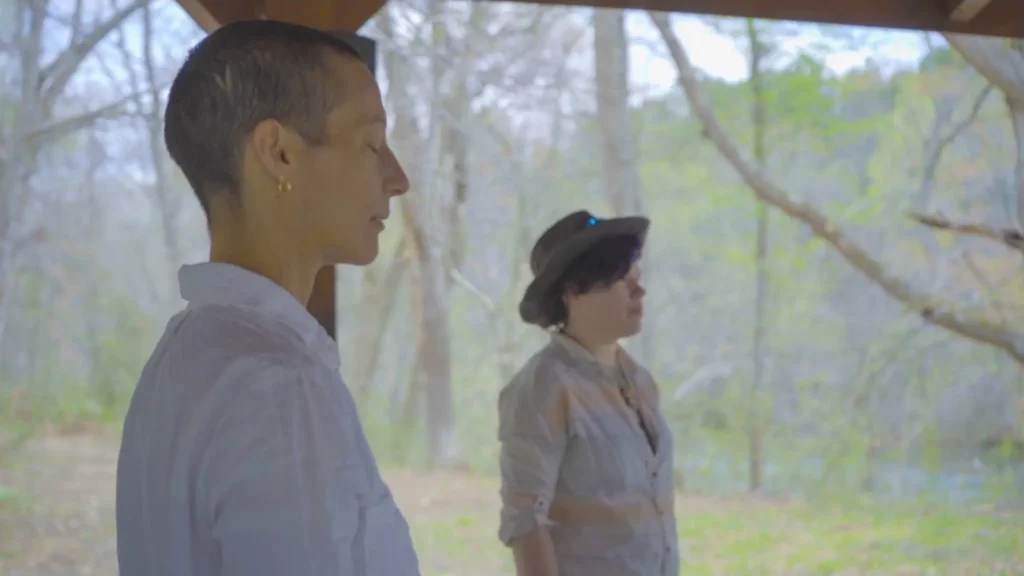
Breathwork therapy involves intentionally altering your breathing patterns to release mental, physical, and spiritual blockages or stressors.
Studies show that slow breathing can increase the activity of the parasympathetic nervous system, which can help you control emotions, boost self-esteem, and improve mental health. There are two ways that slow breathing can cause these changes: by helping you regulate your internal bodily sensations and by affecting the activity of your olfactory bulb (the part of your body that is responsible for receiving smell-related information through your nose and transmitting it to the brain).
When you practice breathwork techniques, you can consciously regulate your breathing rate and depth, which can directly impact your body's physiological responses. For example, slow, deep breathing can stimulate the parasympathetic nervous system, which helps to decrease heart rate, blood pressure, and stress hormone levels. This can lead to feelings of calm and relaxation.
Studies have also shown that breathwork can affect brain activity. For example, slow breathing increases activity in the prefrontal cortex, which controls executive functioning, emotional regulation, and decision-making. Additionally, certain breathing practices have been shown to increase alpha brain waves associated with relaxation and meditation.
Breathwork therapy can aid addiction recovery by increasing individuals' awareness of their bodily sensations and emotional experiences, helping them manage their emotions and develop stronger emotional resilience. Rapid breathing, on the other hand, triggers the sympathetic response, causing stress. On the other hand, slow and controlled breathing exercises can produce calm and happy emotions through parasympathetic responses, which allow your body to relax after stress.


Studies show that slow breathing can increase the activity of the parasympathetic nervous system, which can help you control emotions, boost self-esteem, and improve mental health.
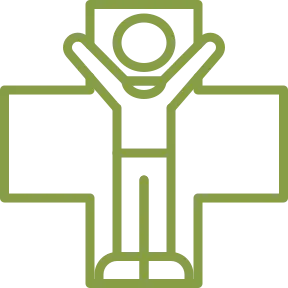
Slow, deep breathing can stimulate the parasympathetic nervous system, which helps to decrease heart rate, blood pressure, and stress hormone levels.

Certain breathing practices have been shown to increase alpha brain waves associated with relaxation and meditation.

Breathwork therapy can aid addiction recovery by increasing individuals' awareness of their bodily sensations and emotional experiences, helping them manage their emotions and develop stronger emotional resilience.
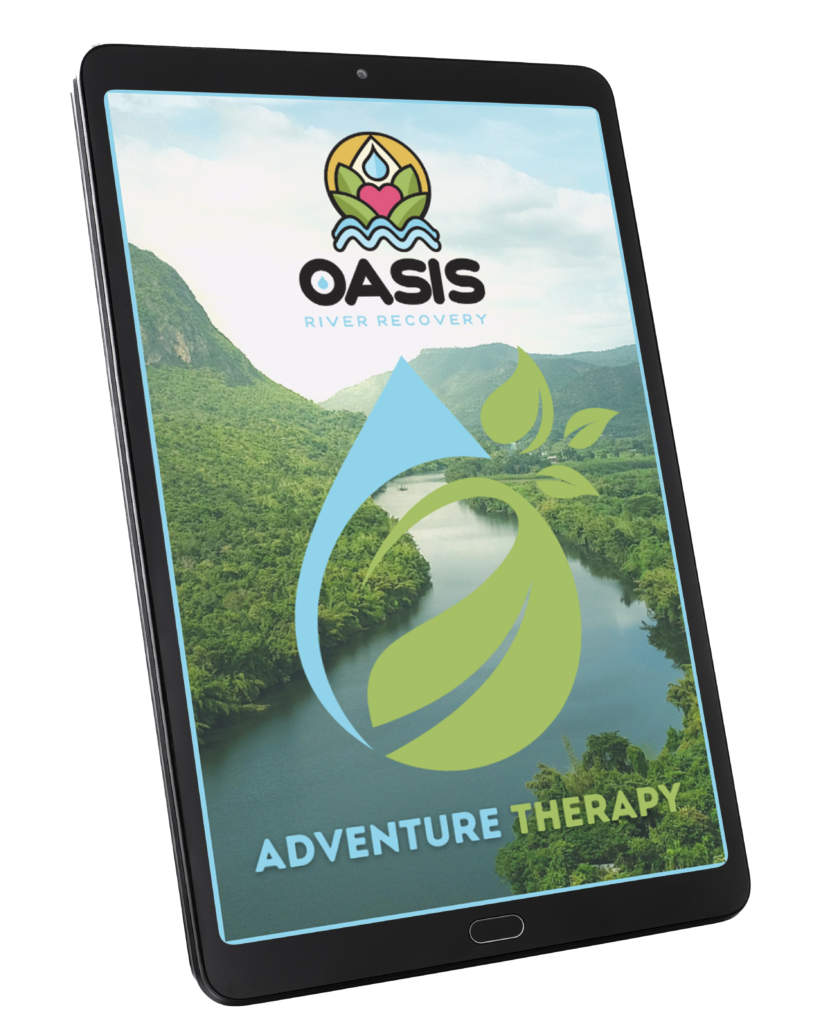
When we breathe deeply, we take in more oxygen and release more carbon dioxide. This can help lower CO2 levels in the bloodstream, which is important for maintaining proper pH balance and preventing symptoms such as dizziness, shortness of breath, and fatigue. In addition, deep breathing can also help increase circulation and oxygenation of the tissues, which can support overall health and well-being.
Breathwork therapy has its origins in ancient spiritual and healing practices that were widespread around the world. The modern practice of breathwork therapy is attributed to several individuals, including Wilhelm Reich, an Austrian psychoanalyst and pupil of Sigmund Freud, and Stanislav Grof, a Czech psychiatrist and researcher.

Oasis River Recovery strives to provide a unique recovery program unlike anything offered in the area. By incorporating evidence-based treatment, experiential therapy methods, and holistic healing modalities, we've created a program that blends into our location's natural beauty
Breathwork sessions can vary based on the specific type of breathing exercise and an individual's specific obstacles. During a session, you may be guided through various breathing techniques, such as diaphragmatic breathing, alternate nostril breathing, or rapid breathing. The therapist might also incorporate meditation, visualization, or movement exercises to enhance the experience. Breathwork therapy can be intense and emotional, which is why our sessions are always led by a trained therapist or facilitator who can provide support and guidance throughout the process.

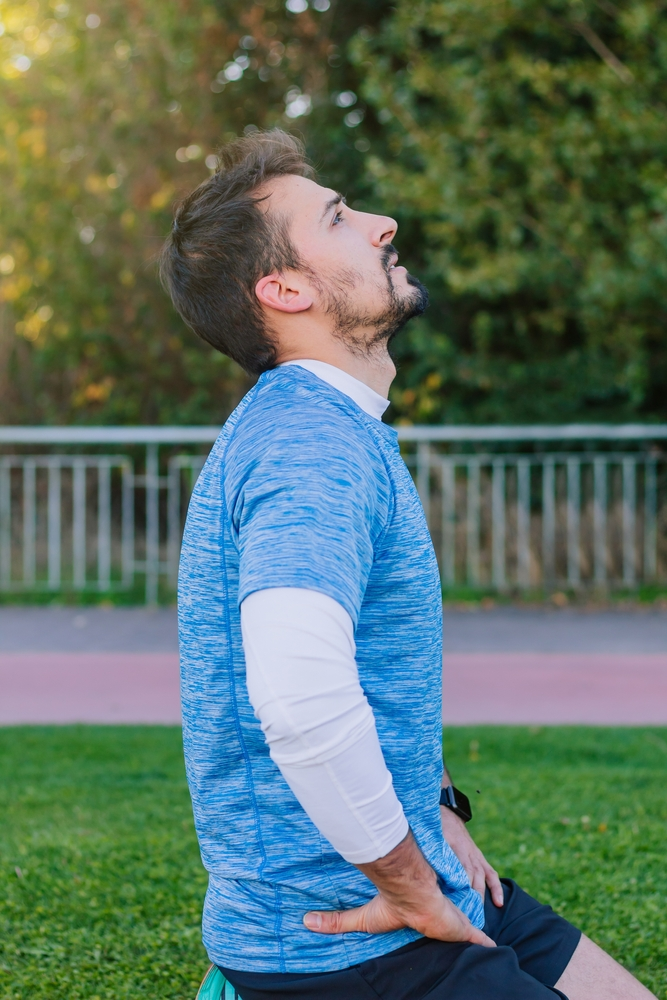
Holotropic breathwork sessions involve a continuous circular breathing technique accompanied by various methods such as hyperventilation, group processing, emotionally evocative music, focused bodywork, and expressive drawing. During Holotropic Breathwork, individuals can feel a range of physical, emotional, and psychological experiences, including:
Shamanic breathwork incorporates techniques such as deep and rapid breathing, meditation, yoga, and visualization to help individuals achieve non-ordinary states of consciousness. It's often used to facilitate spiritual exploration, personal growth, and emotional healing.

Rebirthing breathwork focuses on the physical impact of unprocessed or repressed emotions on the body. During a session, a facilitator guides individuals through circular breaths and helps them cope with any emotional or physical responses that arise.

Vivation breathwork aims to help individuals release emotional tension and connect with their authentic selves and involves taking long, deep breaths in a specific pattern while focusing on the present moment. Vivation breathwork is based on five elements:


Transformational Breath focuses on observing and understanding an individual's breathing patterns. A facilitator pays close attention to the areas of the body where the breath is held and identifies any blockages that may be present. The facilitator will use gentle hands-on adjustments, sound therapy, or positive affirmations to help release blockages and promote deeper, more efficient breathing.

During a clarity breathwork session, individuals are guided to breathe deeply and fully, allowing them to access deeper states of relaxation and self-awareness. The facilitator may use hands-on techniques to help the individual release any physical tension or blockages while providing emotional support and guidance.
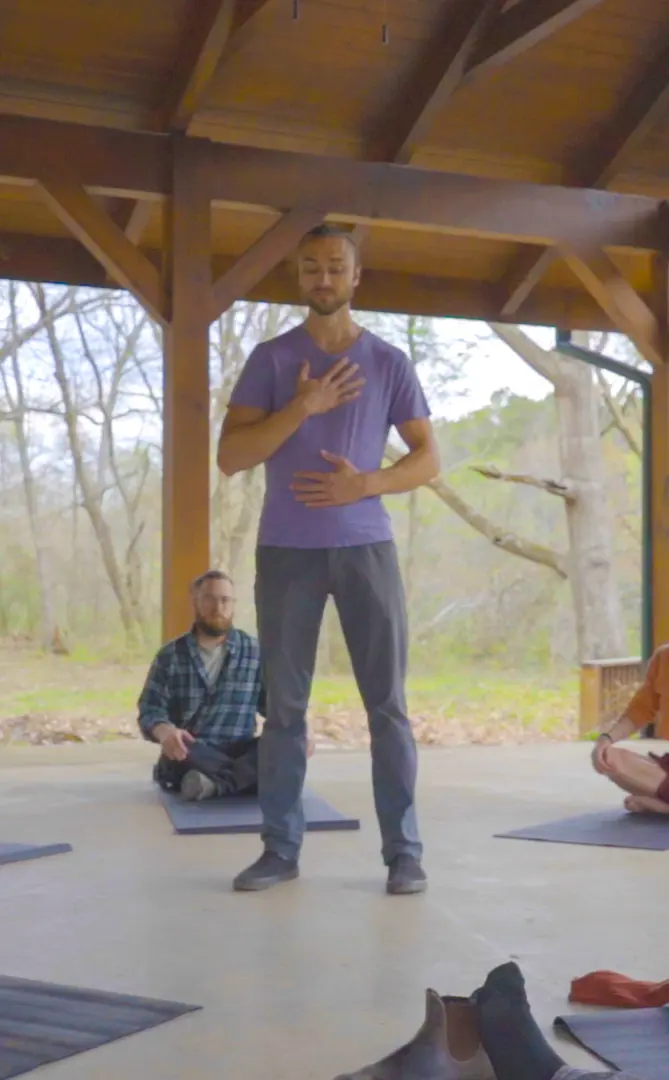
Breathwork therapy can benefit a wide range of individuals beyond addiction treatment. Examples of individuals who may benefit from breathwork therapy include:
If you or someone you know could benefit from breathwork therapy, contact Oasis River Recovery. Our compassionate and caring staff is trained in various experiential therapies, including breathwork, adventure therapy, trauma-informed yoga, and more. You don't need to struggle with addiction and mental health issues alone, and Oasis River Recovery is glad to help.